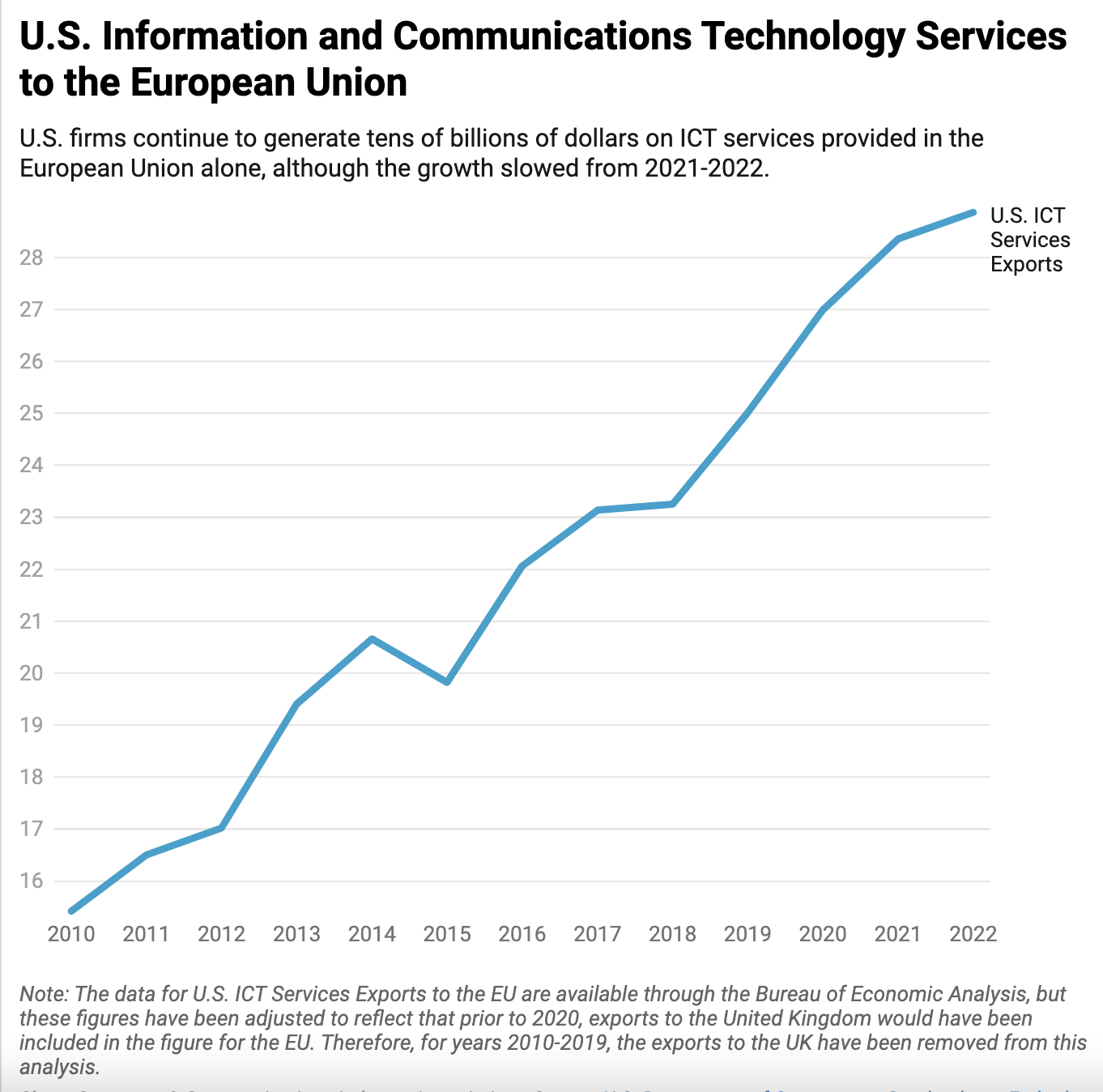In Defense of Legalese in Terms of Service
Last week, Rob Pegoraro posted here on Project DisCo on some things companies should think about when writing and revising their terms of service. Rob offers great advice, including giving plain English descriptions of provisions in the terms and offering red lines to users when terms do change. I wanted to elaborate on Rob’s post, however, because I think it’s worth countering the “legalese-is-always-bad” idea that was a little implied by his post (although I don’t think he necessarily believes in that idea).
Terms of service are important for two big reasons. One Rob talked about yesterday, and that is to clearly communicate to your users how the service operates and what they can expect. The other, though, is to form the language of a contract between the service provider and the user. In that second context, legal language like we see in many terms of service is actually of importance, as it would be in any complex contract. The language of the terms of service binds the provider, and savvy companies can use it to distinguish themselves from one another.
There can be no doubt that some companies have been known for using their terms of service to force unfavorable conditions on users. By contrast, however, some companies today are learning that terms of service can be used to highlight good policies and convince potential users that they bind the provider just as much as the user. In other words, terms of service that respect users and give them rights are just another way that companies can compete with one another.
To give an example, Personal.com, a startup based right here in Washington, DC, has a policy that users own the data that they upload to the service. Now, their website could (and does) just give that information in plain English, and that will help convince some users and might even stand up in court. But they also have a fairly detailed terms of service and privacy policy that gives legal descriptions of how they handle the data you give them (note that they also take Rob’s advice from yesterday and explain everything in easy to understand language). The legalistic and detailed language that we often see in terms of service gives everyone involved the benefit of knowing that the language is part of a contract and binds the company, giving potential users a feeling of security that encourages them to use the service.
The plain English helps everyone understand this new difference, but the legal phrasing gives it the image of teeth that people expect from binding contracts, and that image enables competing on how well you treat your customers.








